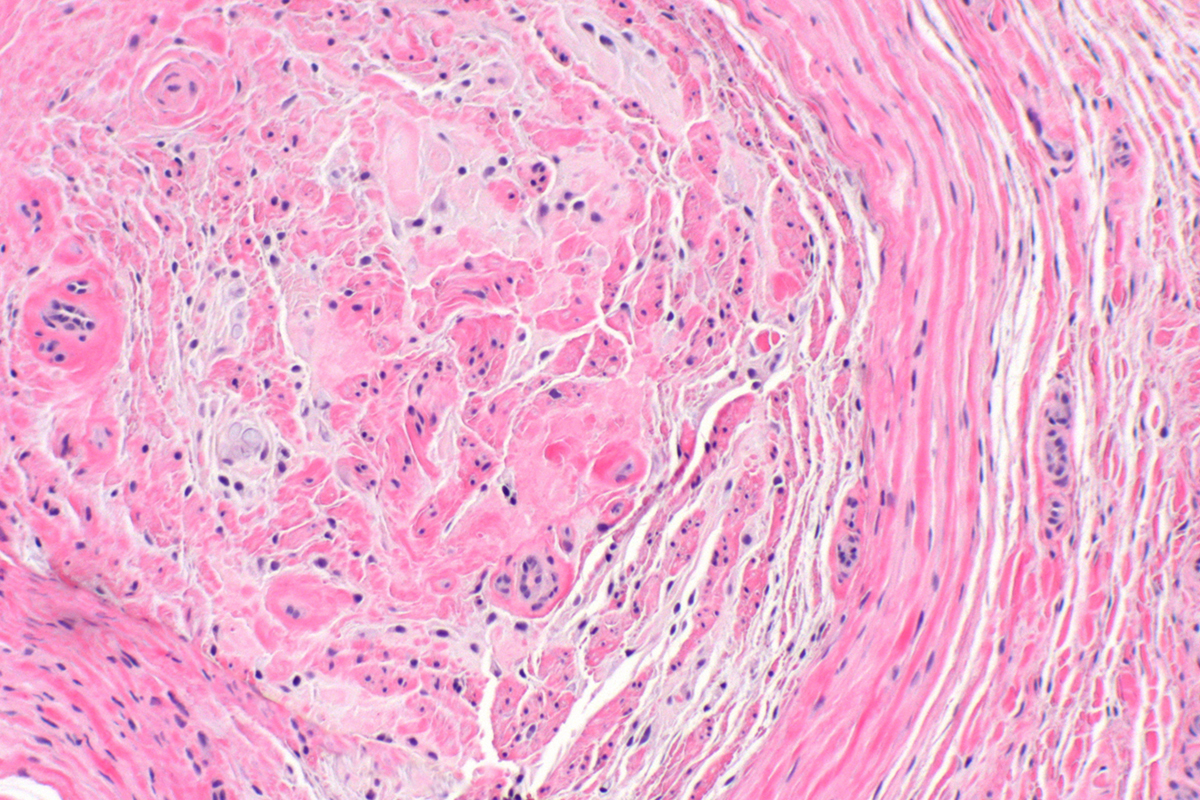
About Morton's Neuroma
Morton's neuroma is a rather painful condition caused by thickening of the nerve tissue in the toes. In majority of cases Morton's neuroma develops between the third and the fourth toe. This thickening can be quite prominent so that the person's foot is slightly elevated from the ground.
Morton's neuroma is responsible for pain in the ball of the foot. The pain is described as sharp or burning and the very foot can sting and burn or even feel numb. It is essential to mention that thickening is never so large that it can be easily noticed. The patient feels like standing on pebble or a stone. In case the pain lasts for more than a few days the person is supposed to consult his/her doctor who will determine the actual cause of pain in the ball of the foot and recommend appropriate treatment.
Even though scientists are not sure what causes Morton's neuroma in many cases the condition develops as a consequence of irritation. Excessive irritation of the nerve tissue induces its growth and the formation of the neuroma. Morton's neuroma can also be associated with injury and prolonged exposure to pressure. There are certain factors that can contribute to the condition and they include prolonged wearing of high-heeled shoes (especially if they are ill-fitting), participating in high-impact athletic activities (jogging, running etc.) and foot deformities (bunions, hammertoes etc.).
Therapy for Morton's Neuroma
Treatment for Morton's neuroma depends on the intensity of symptoms and it can be conservative or surgical. Doctors always first recommend conservative treatment and in case it fails, patients are treated surgically.
Pressure on the nerve associated with its growth and pain is reduced with arch supports and foot pads. They are placed inside the shoe and are available over-the counter. Patients can also get prescribed with custom-made arch supports or food pads. It is essential to stop wearing shoes that are not comfortable and women should stop wearing high-heeled shoes.
Some patients may benefit from injections of corticosteroids. Surgery is kept as a last resort and is only performed if Morton's neuroma fails to respond to conservative treatment. Cryogenic ablation is a minimally invasive procedure during which the affected nerve is exposed to cold. This way transmission of signals that register pain is affected. Unfortunately, this treatment does not provide with permanent pain relief. Decompression surgery is another option and includes cutting of ligaments that connect certain bones of the foot. And finally, the last option is resection of the growth. This surgery can cause permanent numbness of the foot hence is not commonly recommended.



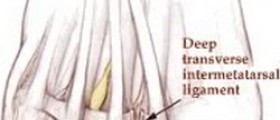
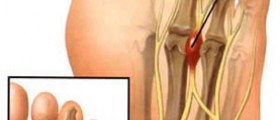
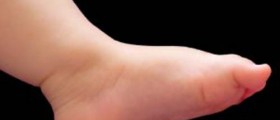
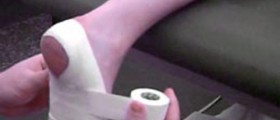

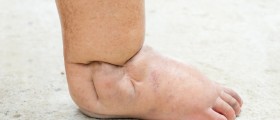



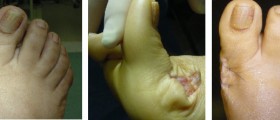



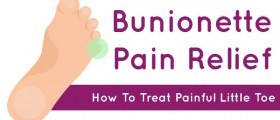
Your thoughts on this
Loading...